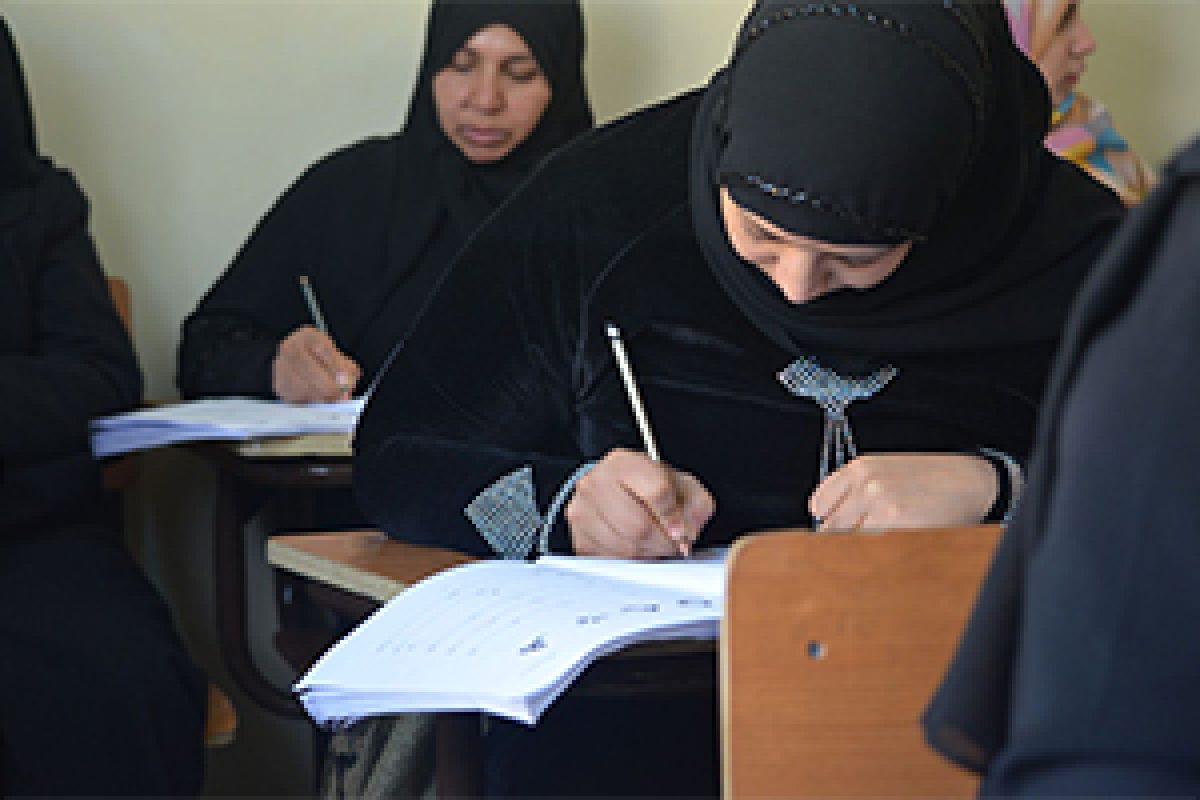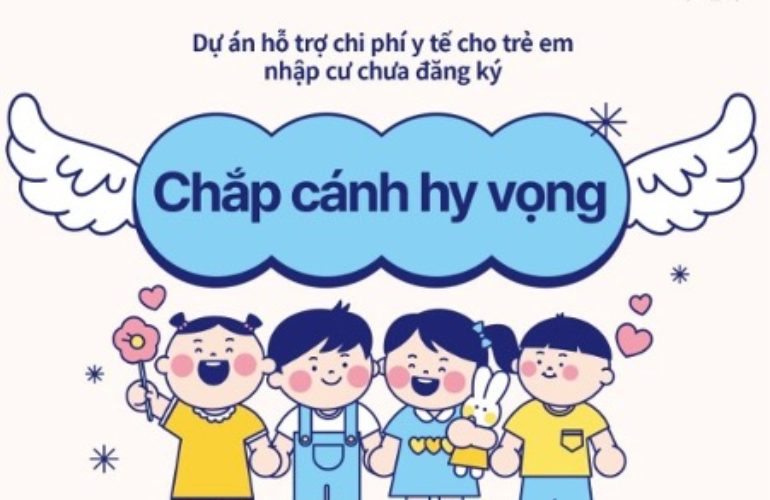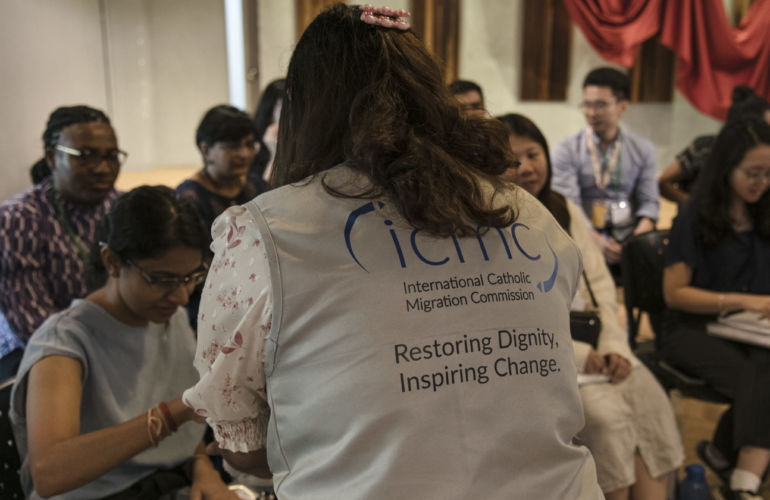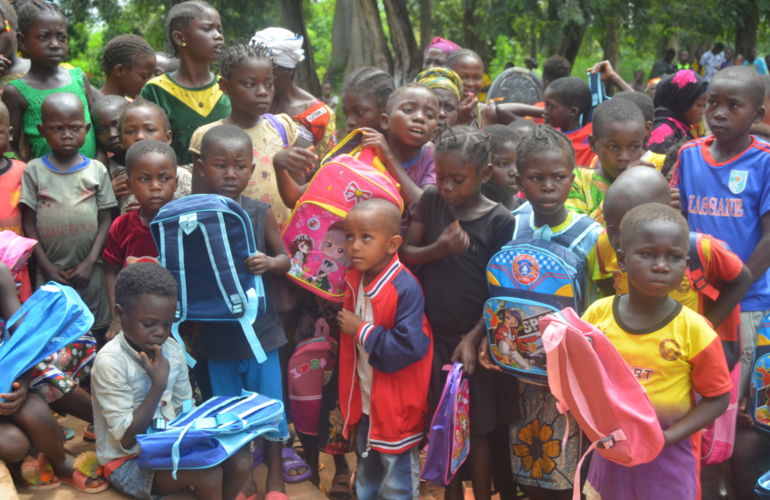Focus Group Discussions at ICMC Jordan Help Syrian Parents Share Feelings and Relieve Stress

Farid* and Amira* are a Syrian couple originally from Aleppo. Together with their seven children, they escaped the brutality of the Syrian war to find shelter in Jordan.
The perilous journey took them through rural villages across the Syrian countryside before they were finally able to cross the Jordanian border on foot, during the night. They are currently living in Mafraq, in the north of the country.
Once in Mafraq, Farid and Amira learned about ICMC’s local Protection Center and the focus group discussions it organizes. Open to Syrian refugees and vulnerable Jordanian nationals, the focus group sessions represent for the refugees an occasion to share their emotions and alleviate the burden caused by conflict and displacement. During these discussions, participants can talk about family issues and are further invited to discuss ‘Tolerance and Acceptance’, ‘Self-Care’ and ‘Positive Parenting’. The sessions also serve to inform refugees about protection services available to them at the Center.
When Farid decided to start attending the focus groups, he was happy to discover that the discussions are also an opportunity to meet other Syrians experiencing similar problems, and expand his circle of friends. “The focus groups were a form of therapy to me,” Farid explained, describing how talking about his feelings alleviated some of the psychological burden caused by the war. The group sessions on parenting and family relationships were also particularly useful, he commented.
As to Amira, she attended both the focus groups and the literacy classes, which aim at providing Arabic literacy skills to the refugees who could not receive formal education. “Learning to read and write gave me so much self-confidence,” Amira confessed with pride. During the group discussions, she also had the occasion to reflect on some family-related topics like early marriage. “I had originally planned for my eldest daughter, who is 15, to be married within the year. After attending the session, however, I learned about the disadvantages of getting married very young and how it can be beneficial to wait,” she said.
Since their arrival in Jordan, the family has been moving from house to house, struggling to pay rent. During a period of four months, they received rent support as part of ICMC cash-assistance program funded by the U.S. Department of State’s Bureau of Population, Refugees and Migration (BPRM). Amira stressed that their life was so much better when rent was no longer a concern: they were able to spend more money on other important needs, and eat higher quality food like vegetables.
They both remain hopeful about their future: “Our biggest hope is to be resettled to the United States,” she explained. “When we speak to our friends who are now in America, they talk about the opportunities available for their children, particularly for their education. We would love to give our children the same opportunity,” Amira concluded.
*The names were changed to protect the identities of the beneficiaries.


